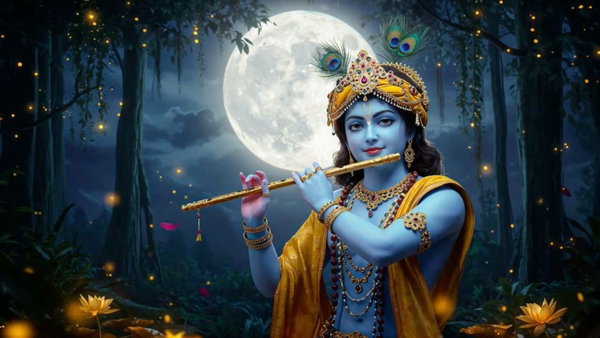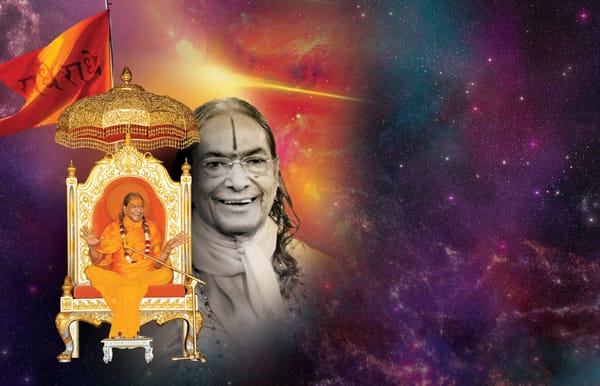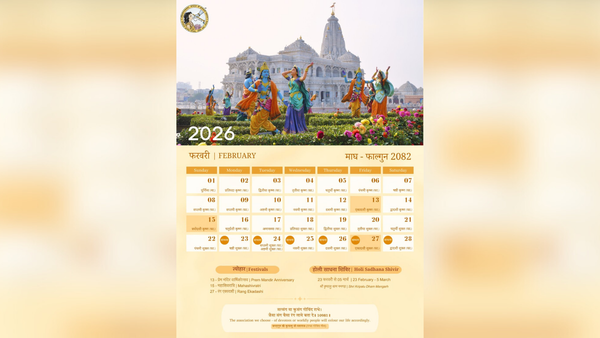Creation and Cricket

Some people question, “When God created this world, He made one individual a human, another living being an ass, and another a dog. Why?” Some beings live in water, some on land; some in the sky. Some are born of perspiration, some of eggs, some from the womb and some from the earth. Why is there this vast variety of 8.4 million species in this material creation? What wrong could the living being have committed to get a lowly body, when creation has only just begun?
The Vedas state that the Sun, Moon, and Earth are manifested exactly as they were prior to annihilation. This created world is manifested by God exactly as it was before. God does not make anything new.
(Rigveda, Narayana Upanishad 5.7, Bhagavatam 3.9.43, 2.9.38, Brahma Sutra 2.1.34–35)
Our actions since eternity determine our status at the time of annihilation, and God again manifests both creation and the living beings as they were before annihilation. He does not create anything new. He has not produced something out of His pocket.
You must have seen a cricket match? A test match lasts for five days. On the first day, let us assume that two men got out. One was on 99 runs when the umpire signaled the close of play. On the second day, the two men who got out will continue to be considered out. The man who had reached 99 will resume his stand at the wicket and continue to add to his overnight score. In other words, the second day’s play resumes at the exact point the first day ended. Creation is just like that.
Ask those people who do not believe in previous lives, “Why has your God created all these varied situations in the world; all this mess and disparity?” God has created nothing. He has just manifested everything exactly as it was before. Therefore, there is no mercilessness in Him, nor is there injustice and partiality. He is equal to all. In the Gita, verse 9.29, the Lord says, “I am equal to all living beings, treating no one as either a friend or enemy.”
God who assumes various forms is of the nature of eternal-conscious-bliss. He makes others like Himself. However, the individual soul always retains his identity. The individual soul cannot become God. God personally does the work of manifesting the world, protecting it, and then annihilating it. He does, however, bestow His infinite bliss and knowledge upon the one who attains Him …





